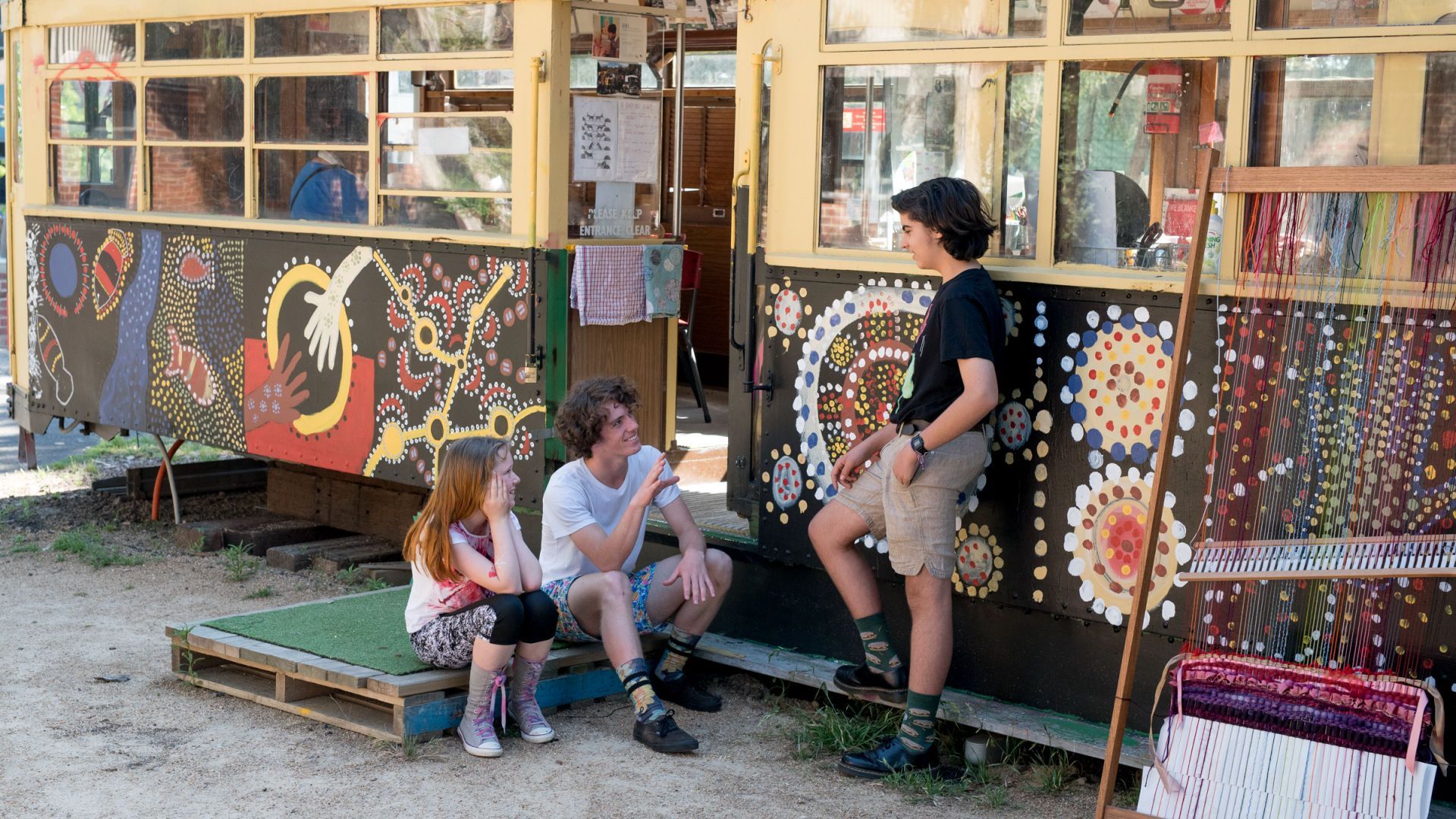Engagement & Wellbeing
Experienced wellbeing team
Fitzroy High School is committed to the engagement and wellbeing of each and every student.
There is a committed and experienced wellbeing team consisting of a Wellbeing and Inclusion Leading Teacher at the 7-10 Campus and a Mental Health Practitioner who moves between the 7-10 Campus and the Wurun Senior Campus. The Wurun Senior Campus also has a strong wellbeing team in partnership with Collingwood College.
The year level leaders are chosen because of their commitment to student engagement and wellbeing as well as their knowledge of the curriculum. The team approach of the school fosters collaboration between teachers, students and parents; a deep knowledge of the students and their needs; and the opportunity for care and continuity as students move through the school.
Groups of students and teachers are allocated to teams, allowing all members of the team to get to know each other well. Students stay with many of the same teachers for Years 7 and 8, before moving to some new teachers in Years 9 and 10, then different teachers in years 11 and 12.
A Health Promoting School
Such an approach is a way of developing curriculum, culture and school ethos that is designed to protect and promote the health and well being of students, staff and the wider school community.
Fitzroy High School promotes healthy, life affirming practices through developing resilient students. Key features of the resilience program are as follows.
1. A sense of belonging
Factors that marginalise students and produce frustration and negative behaviours can be moderated when students identify with the school and feel a sense of attachment and connectedness.
2. A positive relationship with caring adults
At the school, students are encouraged to develop appropriately trusting relationships with teachers, peers and other members of the school community.
3. Positive social behaviours and problem-solving skills.
The teaching and modelling of problem-solving skills, as exemplified in Restorative Practice, is central to developing a cooperative school culture.
4. Peer connectedness.
Facilitating relationships between students, in friendship groups and with others of common interest is central to the school’s ethos. Learning how to make friends and to negotiate with others is developed as a critical skill.
5. Wellbeing in the natural and built environment
The physical environment at the school is sympathetic to the social and educational needs of students.





